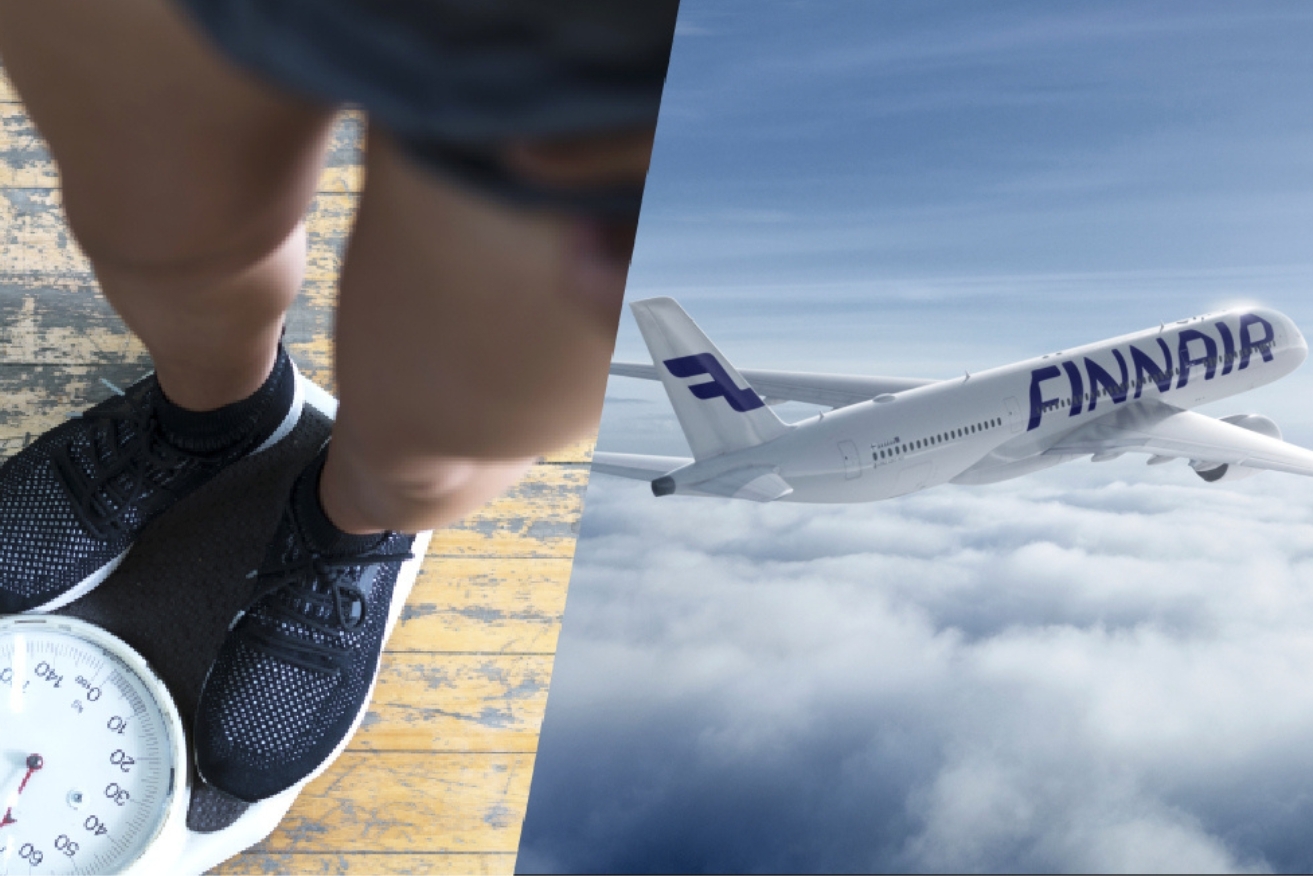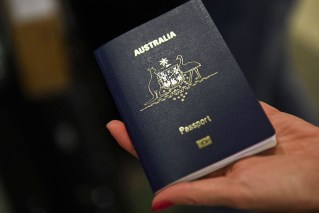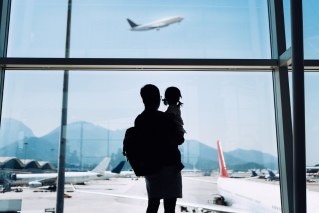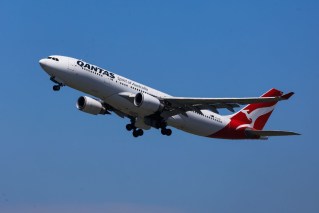Finnair asks passengers to step onto the scales in the name of safety


Finnair is weighing passengers, but says it's all in the name of safety. Photo: TND/Getty/X/@Finnair
Most travellers dread weighing their carry-on bag before getting on a plane, but yet another airline is taking things one step further by asking passengers to weigh themselves.
Finland’s national carrier Finnair has begun a voluntary study, inviting passengers departing on select flights from Helsinki Airport to weigh themselves with their carry-on luggage.
The airline will hand over its findings to the Finnish Transport and Communications Agency between July and September, and says it will then use them for aircraft balance and loading calculations between 2025 and 2030.
Korean Air and Air New Zealand carried out similar studies last year.
Finnair head of ground processes Satu Munnukka assured passengers the weight information would not be linked to customer’s personal data.
“Only the customer service agent working at the measuring point can see the total weight, so you can participate in the study with peace of mind,” Munnukka said.
“We weigh volunteer customers together with their carry-on baggage. In the measurement, we do not ask for personal data, but the total weight of the customer and carry-on baggage, the customer’s age, gender and travel class are recorded in the database.”
Each aircraft has a set maximum weight for taxiing, take-off and landing.
This includes the total weight of passengers and baggage, along with factors such as fuel and food.
Each country’s aviation authorities often have standard weights that airlines use to calculate a plane’s weight, depending on the type of aircraft and how many passengers will be on board.
Australia’s Civil Aviation Safety Authority outlines the standard weight for adult male and female passengers and crew as 81.4 kilograms and 66.3 kilograms, respectively, on planes with 300 to 499 maximum seating capacity.
However, 2017-18 data shows the average Australian man and woman weighs 87 kilograms and 72 kilograms, respectively.
Rather than relying on estimations from Finland’s Civil Aviation Authority or the European Aviation Safety Authority, Finnair has used average weights based on its own measurements since 2018.
But authorities require these figures to be updated every five years, which is why the airline is now asking passengers to help update its data.
Finnair spokesperson Suvi Aaltonen said the carrier was “quite surprised” by people wanting to participate; 600 passengers have volunteered to take part as of Wednesday, The Guardian reported.
Overweight travellers under pressure
The only reward for participating in the study is a reflective baggage tag.
But Finnair passengers still get off lightly compared to those of airlines who have begun charging overweight passengers more for their seats.
In 2013, Samoa Air was reportedly the world’s first carrier to take the step, requiring passengers to submit their weight when booking a ticket to calculate their airfare.
At the time, the rates varied depending on the distance flown: From $1 per kilogram up for short routes to $4.16 per kilogram on longer routes.
In 2018, Thai Airways banned obese passengers from business-class cabins on its Boeing 787-9 Dreamliner fleet, as safety belts in the cabin were fitted with airbags that did not allow the use of extenders, meaning passengers with waists wider than 142cm [56 inches] would not fit.
Airlines such as Scoot, Emirates, United Airlines and Jetstar are among those who have been known to force obese passengers to pay for two seats instead of one.
Jetstar’s website notes “you must be able to lower both armrests and not come into contact with the person next to you”; United Airline’s website states passengers may have to “make additional arrangements” if they can’t buckle their seatbelts even with a seatbelt extender, their armrests don’t stay down when seated, or they’re in the space of the next seat when seated.








